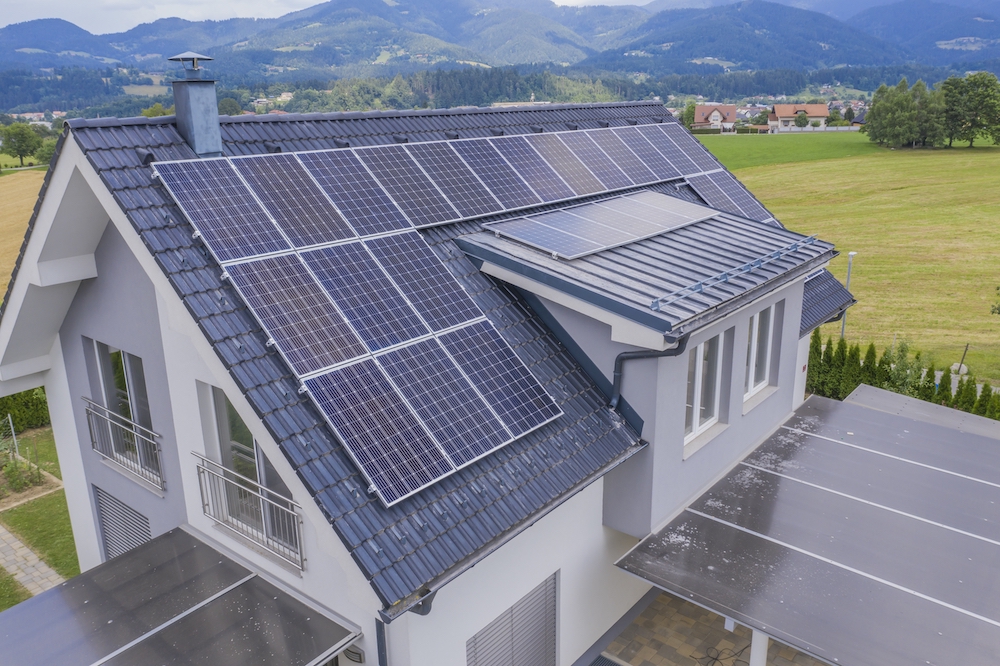Government Targets 1 Crore Households for Rooftop Solar
In a significant push towards green energy, Finance Minister Nirmala Sitharaman, echoing Prime Minister Narendra Modi’s vision, announced a plan to equip one crore Indian households with rooftop solar panels. This initiative, part of the interim Budget speech, promises substantial savings for households, with an annual saving of ₹15,000 highlighted. Aimed at households with a monthly electricity consumption under 300 units, the government is set to cover the installation costs of 1-2 kilowatt systems, indicating a potential investment of ₹1 lakh crore.
Enhanced Subsidies and Private Sector Involvement
Currently, rooftop solar installations benefit from a 40% subsidy, with the consumer covering the balance. The new policy proposes to elevate the subsidy to 60%, with financing for the remaining cost provided by private developers in collaboration with public sector entities linked to the Power Ministry. This strategy ensures high-quality installations and dependable service. Additionally, the ‘net-metering’ mechanism allows households to sell excess electricity back to the grid, aiding in loan repayment, though the process can be intricate.
Overcoming Challenges in Solarisation
The central government’s direct involvement marks a departure from previous policies, where State power distribution companies (discoms) led solarisation efforts. Despite discoms’ detailed consumer power usage data, their financial struggles have hindered the transition to decentralized energy solutions like rooftop solar. With only 12 GW of the targeted 40 GW of rooftop solar capacity installed—of which merely 2.7 GW is from households—the government’s initiative aims to reinvigorate a lagging sector and promote local solar panel manufacturing, excluding subsidies for imported panels.
Collaborating with States for Effective Implementation
For the initiative to succeed and avoid the pitfalls of past efforts, it must accommodate State-level dynamics and leverage discoms’ insights into household energy consumption. The central government’s proactive stance could catalyze the growth of India’s domestic solar industry and encourage widespread adoption of renewable energy, contributing to the nation’s decarbonization goals. As India moves forward, this rooftop solar panel plan stands as a critical component of its green energy strategy, underscoring the importance of collaboration between the central and state governments for successful energy transition.
Source: www.thehindu.com




